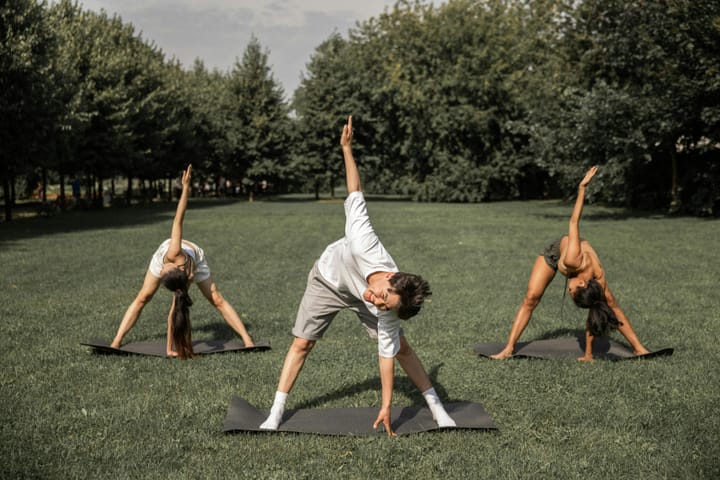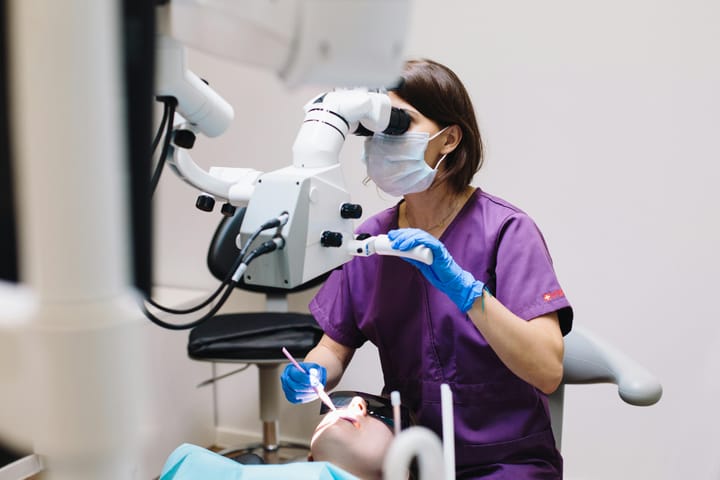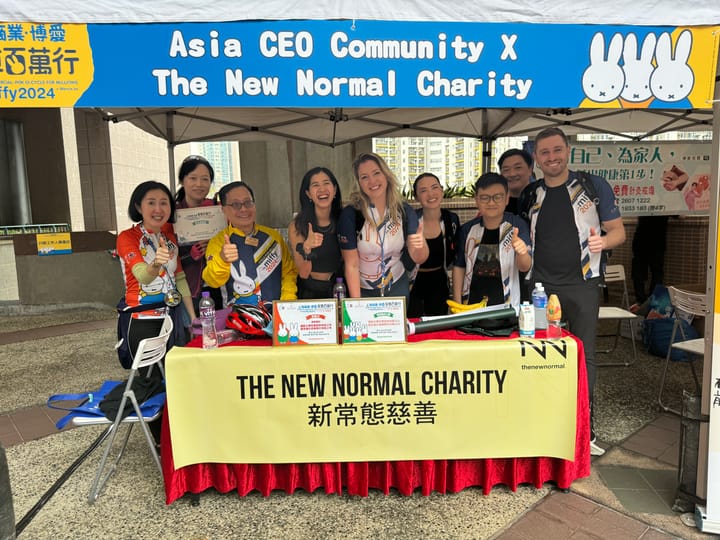Interview with Dr. Tamara Moise: ER physician in New York City and a former COVID-19 patient

A few minutes every morning is all you need.
Stay up to date on the world's Headlines and Human Stories. It's fun, it's factual, it's fluff-free.
Dr. Tamara Moise is on the front lines of the COVID-19 battle in a number of ways: she’s a woman of color emergency room doctor at a hard-hit hospital in Brooklyn, co-founder of Big Apple Urgent Care – an urgent care in East Flatbush Brooklyn that serves a heavily immigrant and economically disadvantaged community, and a former COVID-19 patient herself.
Can you speak about your experience as an ER doctor in the worst hit US state?
I’ve seen COVID-19’s effect on patients as both an urgent care physician in East Flatbush, Brooklyn, and an emergency room physician at a hospital in Brooklyn. In my 15 years as a doctor, I have never witnessed a medical crisis as severe as this one.
The number of patients in my hospital is staggering and providing for them is putting an enormous strain on our resources. Additionally, doctors are contracting this disease at a higher rate than the general public, leaving fewer doctors and nurses available to treat an increasing number of patients.
I caught COVID-19 just as it was beginning to spread in the city, forcing me to quarantine for about 2 weeks to recover. When I got back to the ER I was shocked by how quickly the situation had worsened in that short amount of time.

COVID-19 disproportionately affects African Americans. Can you explain to our audience the reasons for that?
This pandemic is exposing the existing health disparities black and brown communities are facing when it comes to access to quality health care and health education. Those who experience the most severe symptoms of COVID-19 are likely to have existing health issues.
According to NYC, we’re seeing worse health outcomes for COVID-19 patients from African American and Latinx communities when compared to White and Asian patients. Because of systemic environmental, economic and political inequalities, black and brown communities experience higher rates of asthma, obesity, heart disease, hypertension and diabetes and therefore are most vulnerable to the most severe effects of the virus. I opened Big Apple Urgent Care in East Flatbush specifically to address the lack of quality and affordable health care available to this predominant Black community of Caribbean descent.
Another issue is that many black Americans work in jobs that put them at greater risk. Many are front-line workers. They work in hospitals, warehouses, grocery stores, for our public transportation agencies and so forth.

As a former COVID-19 patient yourself, can you discuss your own experience with the virus?
It was an awful and frightening experience. The severity of my symptoms would change each day, so I had a hard time knowing when I was actually getting better.
However, I was fortunate that my overall symptoms were relatively mild compared to what I’ve witnessed in the ER. I had to quarantine at home for 2 weeks, meaning I had to shut down the urgent care (clinic) while I recovered. It was a scary time financially since I wasn’t sure what impact this was having on my business.
The best way the general public can help healthcare workers is to continue to engage in social distancing and self isolation, which lower the risk of spreading the disease.

President Trump has stated there is enough Personal protective equipment (PPE) and medical equipment to support the influx of patients. Can you explain to us what’s actually going on within these hospitals?
We are struggling every day to get our hands on new PPE supplies to keep up with the influx of patients. Personally, I have had to resort to ordering PPE supplies off of Amazon because I can’t get them like I normally do. And because of the overwhelming demand, my orders are taking close to a month to arrive.
What is the general sentiment among hospital staff/your colleagues regarding this ongoing situation?
My colleagues and I are focused on getting patients treated and ensuring this virus doesn’t continue to spread. For many patients, this is likely one of the scariest moments of their lives, and I want to make sure they are reassured and at ease in a safe and comfortable environment. What I am optimistic about is that hospital workers are some of the most dedicated and hard-working people in the world.
In March, you spoke to Yahoo and said Easter was too soon to reopen the economy and we hadn’t reached the peak yet. Do you believe the US has reached the peak now?
According to Governor Andrew Cuomo, we appear to have reached the peak since we’re witnessing COVID-19 related hospital visits decreasing. But we still need to take it day-by-day since we’re still woefully behind on where we need to be with testing.
There are still plenty of asymptomatic people carrying the disease who risk transferring it to vulnerable populations. Reopening the economy too soon risks prolonging the crisis and putting us (into) a deeper economic and financial hole.
As of now, I think the guidelines the governor has set up are reasonable, and we should be approaching any move back to normalcy with extreme caution.
Would you say your race and/or gender has had an effect – positive or negative – on your career?
I knew when I decided to become a doctor that it was going to be particularly difficult for me as a black woman. Only 5.7% of US physicians are African American, yet the black population in America is 13% – the odds were already against me.
In my career, I’ve certainly faced challenges resulting from racism and misogyny. However, as a black woman doctor I have a particular sensitivity to the needs and challenges that underserved communities face, which helps me to deliver better services to those communities.
Do you think conscious or unconscious bias (related to race, gender, etc.) affects the level of care medical professionals provide their patients?
It is clear that racism drives the health disparity in America. Just one example of this is the fact that statistics show black women in the US are 3 times more likely to die from complications in pregnancy or childbirth and more likely to die from preventable death than women in any other race group, despite their income and education levels.
This is just one example, there are many more. With statistics like these, there is no other conclusion one can draw.
[article_ad]
Have a tip or story? Get in touch with our reporters here!
Sign up for daily news briefs from The Millennial Source here!




Comments ()